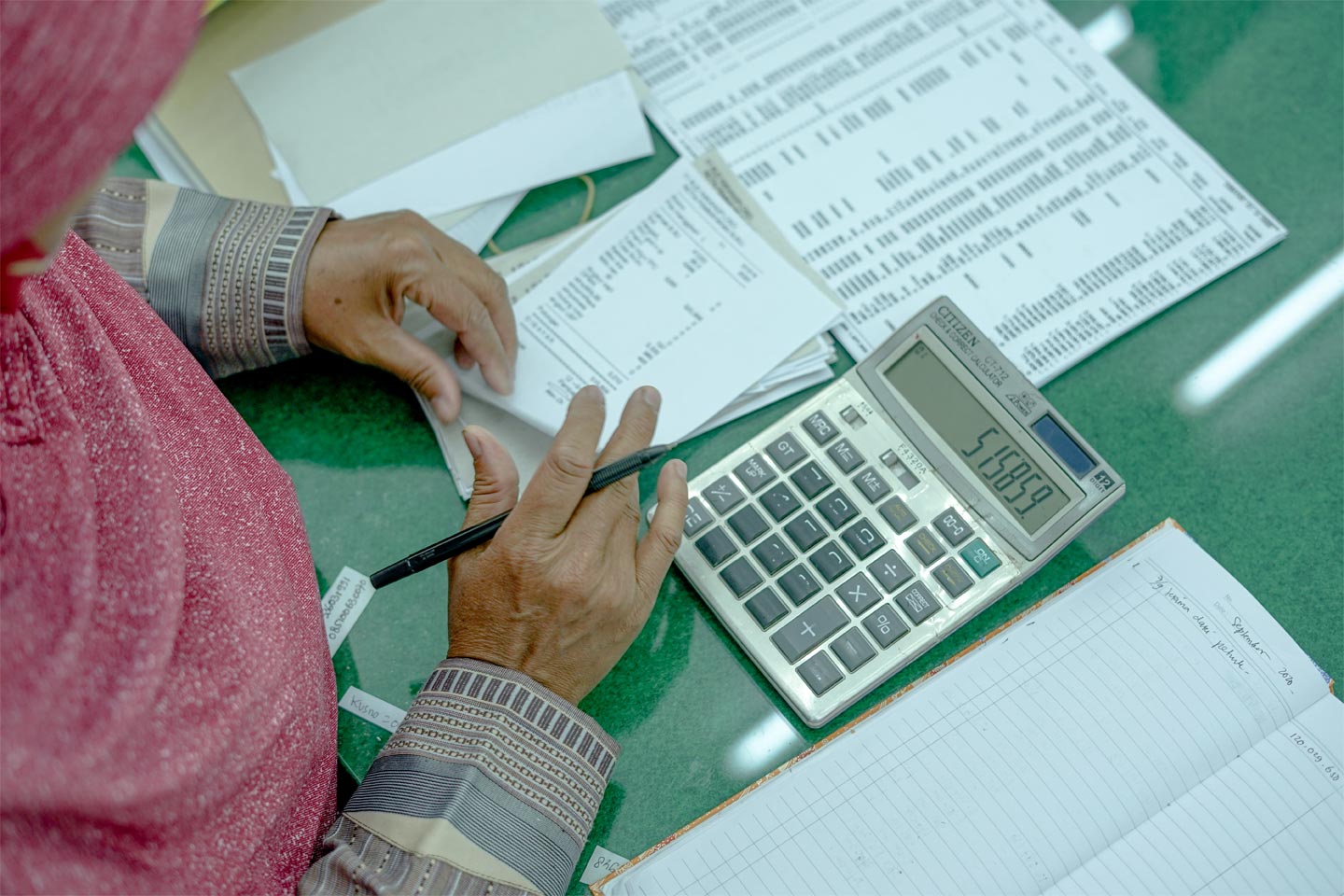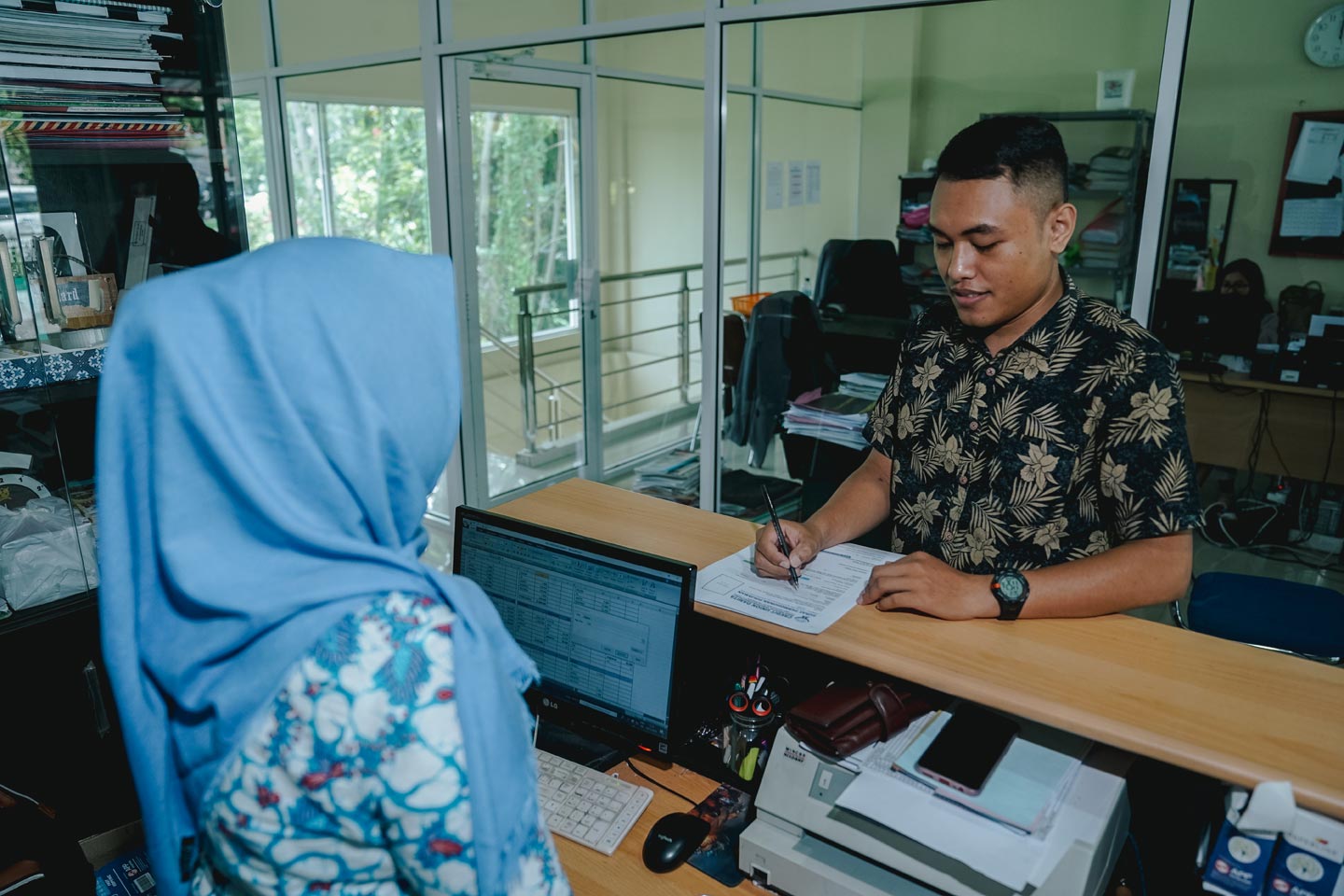Cooperatives Release The Chain of Poverty, The Way to Social Justice

Jakarta —When cooperatives were initiated for the first time in Europe at the end of the nineteenth century, it was clear that they aimed to liberate the oppressed from poverty and dependency. The initiators of cooperatives at that time, such as Robert Owen, Reiffeisen, and Schülze Delitzsch were among the big names of cooperatives in the world. They are pioneers with a social spirit who aspire to create a self-help society that is free from dependence on the mercy of third parties. One hundred years later, the idea of cooperatives and the types of cooperatives they sparked have spread all over the world to liberate the oppressed from injustice and economic misery. Currently, in Europe, cooperatives are economic players that are highly reckoned with and are the backbone of the economy in many countries.
In Indonesia, Muhammad Hatta saw that cooperatives could become the pillars of the Indonesian economy. Even the 1945 Constitution provides the legal foundation for this Indonesian economic system. Unfortunately, cooperatives as the pillars of the Indonesian economy have never taken off, as the founders of this nation had hoped. Capitalist economic pressures are very strong in influencing Indonesia’s economic behavior. The capitalist economy has given birth to and nurtured the big financiers, resulting in the concentration of state wealth in a small group of people. On a macro level, economic growth since the early seventies until now has shown positive numbers, but income distribution is the main issue. The difference in income between the rich and the poor is getting wider every year. The past decade has been the culmination of this gap. The hot topic of conversation among the people is “social justice” which is the nation’s main problem today.

The capitalist economic system has chained many Indonesian people into poverty. A country rich in natural resources leaves little luck for the majority of its people. Income disparities among people have become commonplace so social justice in this country has always been a topic that is always hotly discussed until now.
Cooperatives with their principles can be a vehicle to deliver Indonesian people to achieve social justice in this country. Cooperatives, which are a collection of people, are a force, both an economic power and a social one. Owners and users of cooperative goods and services are the same people, namely its members. As members, the community also builds its independence.
Because of the principle of openness, cooperatives can bring together an unlimited number of people as members. Thus, through cooperatives, the wider community has the opportunity to have access to the country’s natural resources and wealth. If cooperatives are given the opportunity to work on the country’s wealth. As a forum for community gathering, economic strength, and capital can be built so that with this togetherness, welfare problems can also be overcome together.
With cooperatives acting as economic and social vehicles, a fair distribution of income can be created through cooperatives. Mastery of the factors of production that affect the lives of many people can be done through cooperatives. The profits from the processing of state assets can be directly enjoyed by the people who are members of the cooperative. By itself, the distribution of the results of state wealth can be directly channeled to the community through cooperatives. Cooperatives in this case are the community’s solution to get out of poverty. With all their strength, cooperatives are the road to social justice in this country.
Written by:
Dr. Rino A. Sa’danoer
Project Manager for Green Cooperative

